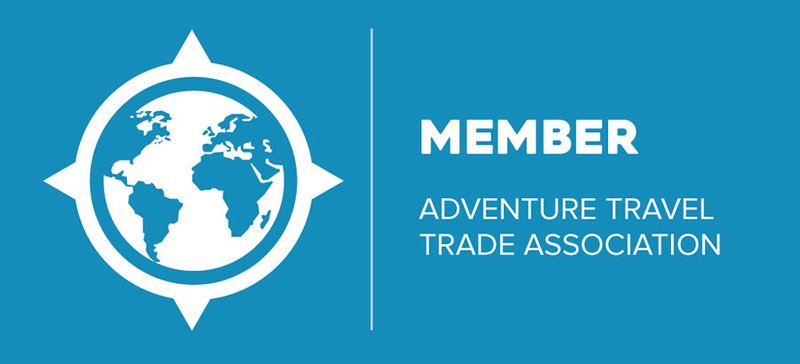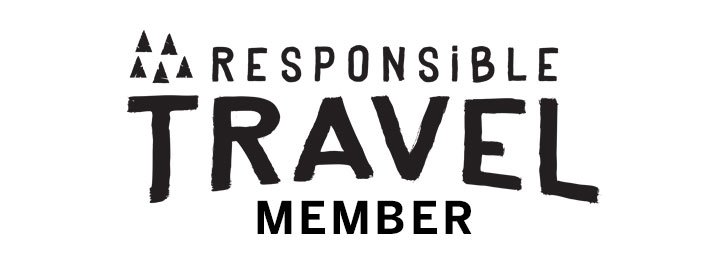Written By: Ashley Blake
It may not be a surprise that language learning does not work the same for everybody, nor does it have a set-in-stone guide. For some, watching hours of television in another language over the course of their childhood equipped them with conversational skills. For others, hundreds of nights of flashcards and study sessions did the trick. What we can all acknowledge is that it takes a combination of discipline, determination, motivation, and many, many conversations - often the scariest part! But once you get over the hurdles and build up the courage to practice, the path to language learning opens up limitless possibilities.
Mt Manaia Northland by Fraser Clements
Here are 8 language learning tips to get more familiar with a new language:
1. Find motivation:
Start by setting a good and legitimate reason to start learning this new language. Do you want to take a trip to Spain or France? Or perhaps you love Italian food or want to dive into your family’s Danish heritage or Croatian ancestry. Having a purpose behind your language learning keeps the motivation going.
CONVERSE AWAY!
2. Download an App
Finding an app that suits your style is a great way to have lessons at your fingertips any time of the day. Ranging from podcasts to flashcards to pronunciation guides, modern language learning times give us lots of options! Check out Oprah’s favorite apps here as well as the Traverse team’s top list including Language Pod 101 and Duolingo.
3. Converse Away:
Although having a study guide and learning the grammar of a language is helpful, it does not work without practicing through conversations. The number one hack to learn a new language is to embrace the fear of having awkward and misunderstood conversations. With time and without even realizing it, you will be improving your language skills immensely. The magic of languages is that they don’t need to be scripted or memorized. They just work as a process in our minds. Whether you find a practice buddy or join a class, remember that practice makes perfect!
4. Listen, listen, listen:
Building conversations is very important, yes, but learning how to listen is really the most important hack when learning a new language. Pay attention to how natives or fluent speakers of that language talk. Languages have different demands on your throat, your lips, and even your tongue. The good thing is that listening will help you properly get a native’s pronunciation, which is key. A fun and easy way to do this? Pick a new series on Netflix, HBO, etc. to watch. Start with subtitles in your native language, then as you advance switch over to captions in that same language to reinforce what you hear with the written words in that language.
Immerse yourself and practice it every day.
5. Commit:
Once you have committed to this language, you need to immerse yourself and practice it every day. One fun trick: Switch over the operating language on your smartphone, computer, and applications. It might be weird at first, but your brain will get used to it and force you to think in the language. Additionally, start a Spotify list of music in the language you are learning.
6. Join a private or small-group group language classes:
Although large group lessons may sound like a fun idea, they tend to demotivate students because people do not learn at the same pace. Additionally, people tend to fall into the temptation of speaking in their native language instead of practicing the new one. Find an immersive, small-group class like the ones offered by Freestyle Language Center. Or consider one-on-one tutoring sessions - which can be done online too!
7. Step out of your comfort zone
This might be the scariest part, but it is the only way to see improvements. It is a fact, no matter how many study sessions you attend, or how much you study, you won’t be able to speak a language without putting yourself out there. Trust yourself and expose yourself, speak to strangers in the language, ask questions, tell a personal story, and order food. Accept the fact that you will make mistakes, and be embarrassed, but it will only make you stronger and better. And it’s fun in the making!
8. Appreciate getting corrected:
Wandering in Croatia by Vierra Mae
We as humans have a huge ego, we hate being wrong, or making mistakes. This can be especially true when learning a new language. Just as many say, the best way to learn is from mistakes, and making corrections of those mistakes to rise stronger and better than ever. When you’re practicing with a native speaker, invite them to correct your pronunciation and word choices. And remember, it makes them feel good to help too!
9. Make it fun:
Learning a new language is not meant to be dreadfully boring, nor a chore. It is meant to be a wonderful experience and can be so much fun. You will burn out quickly if you just settle for sitting in a classroom in front of a book. Instead, go to events that force you to practice the language. Travel to a destination where the language is spoken. If you have a friend that speaks that language, commit to texting with them only in that language. You’ll be surprised at how quickly you gain skills! While speaking the language converse about personal topics you are passionate about. An enjoyable process will lead you to enjoy the journey, bumps and all!
Here are the stages of learning a new language:
You will be able to say a couple of words and phrases, but understand nothing.
You will understand way more than what you can actually speak.
You will be able to start conversations, but you will have to put in a lot of mental effort.
You will be able to maintain conversations in relatively simple terms like past, present, and future without conscious mental effort, like translating words from your native tongue.
You will start to understand the nuances of the language, like expressions, slang, emphasis, and tone.
You’ll be able to better express complex thoughts, beliefs, and ideas that require more advanced grammar constructions.
You will begin to think in the foreign language without effort. You may even dream in it!
Finally, you will be able to follow a conversation with larger groups of native speakers and not even notice that you’re putting in effort.
Learning a new language almost feels magical, opening you to other worlds, cultures, and places. It also reminds us how amazing and powerful our minds and brains work. Here’s to happy language learning!





























